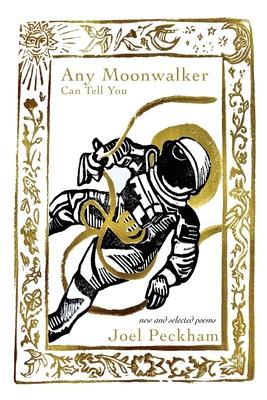"'And it is a relief to know the world does not need us. That it might be better off, in fact.' So sings Joel Peckham in the poem 'The Locomotive of the Lord', a meandering contemporary meditation that veers between modes of phenomenological thickness, grief for lost beloveds, grief for a decaying body, and ends with a repeated chant of being "thankful" for a life chugging away towards its inevitable end. But the grateful cynicism invoked by this poem gives us a rare voice: one who does not lack optimism in human living, but rather one possessing a more careful, measured relationship with it. In 'Arrhythmia' the same voice finds itself trilling, 'and maybe the best that we // can say is yesterday I heard this cry and I thought of my son, and it was like and it was like and it was like and it was like and it was like and it was like and it was like and it was...'
Here is a poet, who through great suffering and even greater integrity writes music whose desperate honesty does not mar the depth of its lyrical expression, but thoroughly and truly earns it. If there is any integrity in American literary criticism, these later poems-which are somehow both starkly, distantly observant and relentlessly self-regarding-will outlive the present age. To put it succinctly: Peckham writes with a uniquely rugged dignity, and refashions the insights of Modernist poetry into a voice that is distinctively, idiosyncratically his own."
-Tawanda Mulalu, Author of Please Make Me Pretty, I Don't Want to Die.
